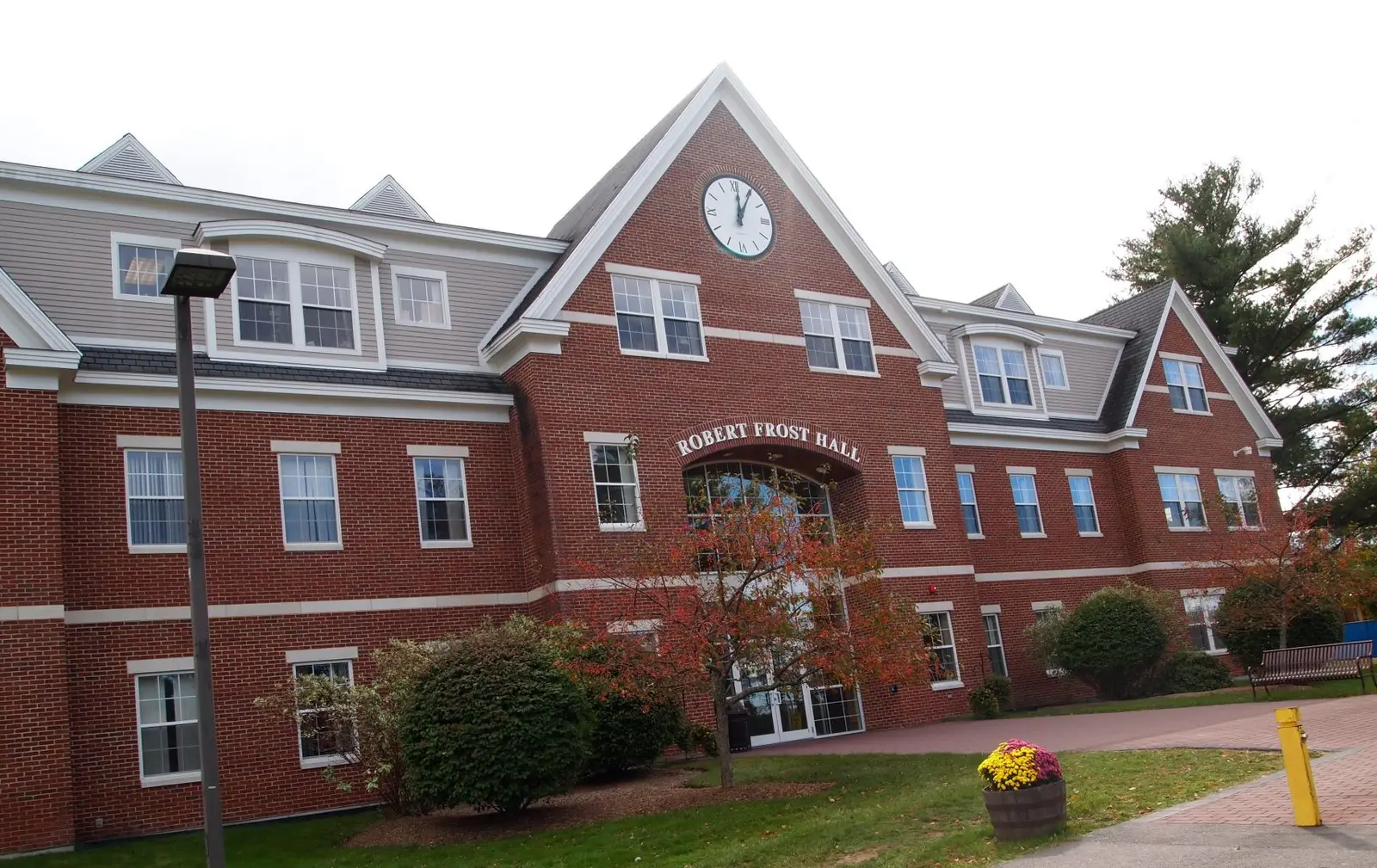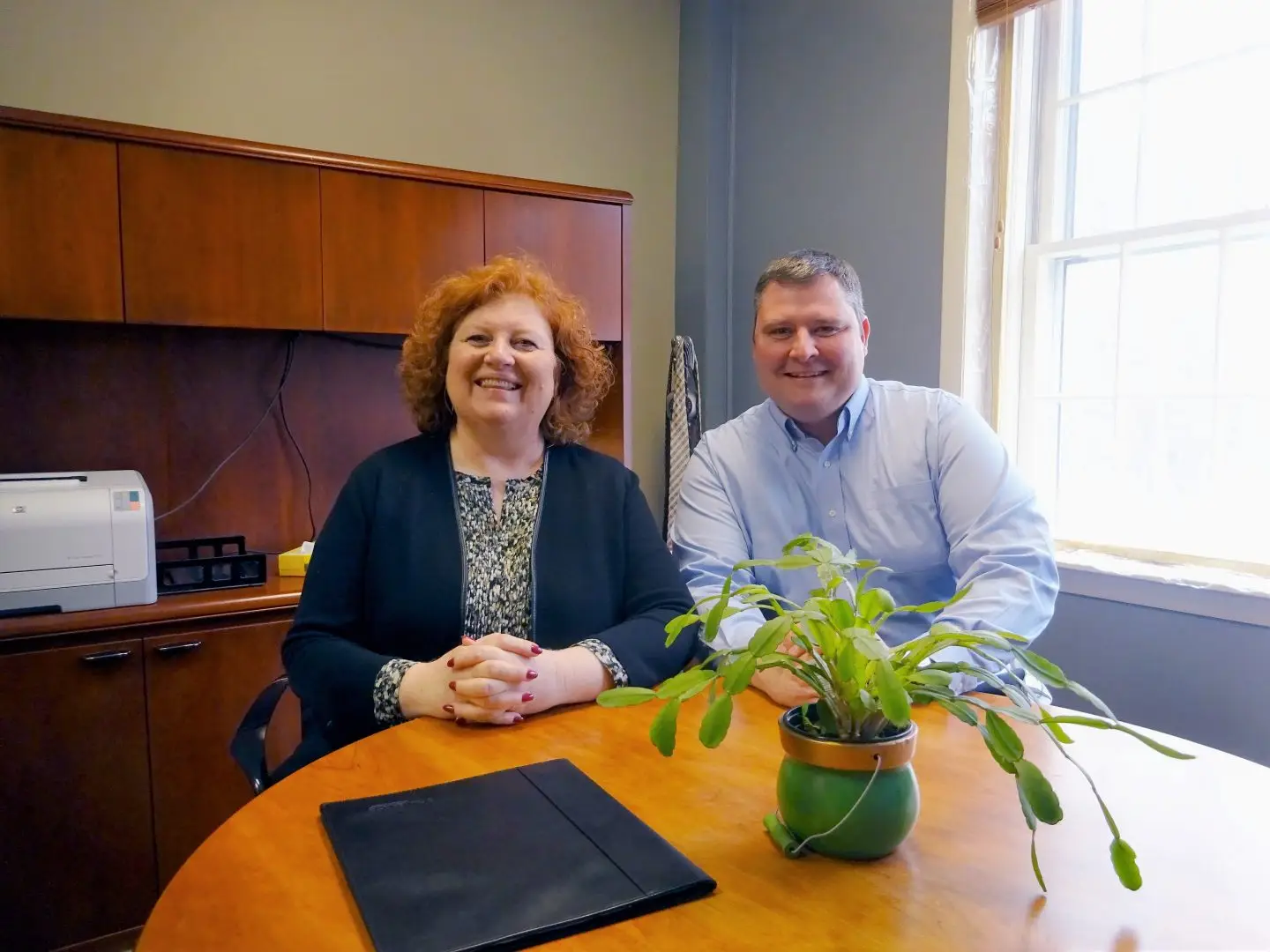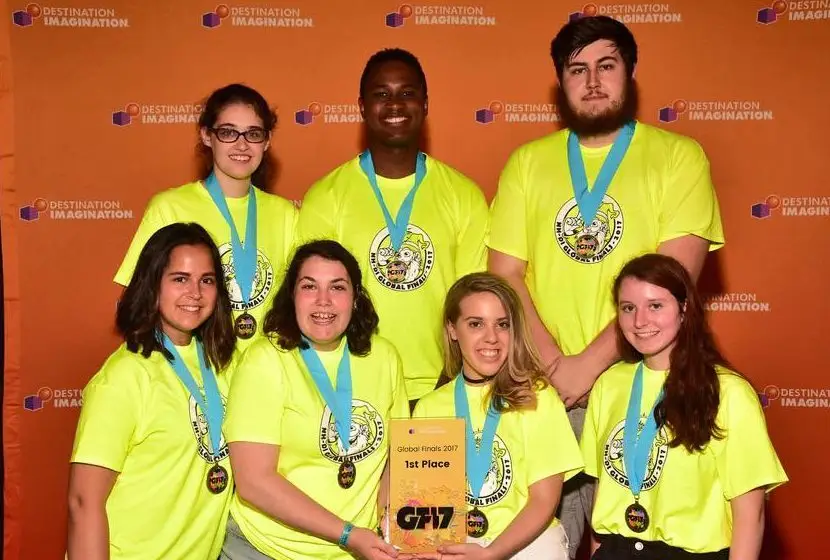On October 24, club presidents and student leaders were sent a series of new policies regarding speakers, trespassing and demonstrations on campus. These policies were made effective as of October 1, under issuing authority Campus President and former University College Provost Patty Lynott in tandem with a team of SNHU faculty and Responsible Officers Jim Winn, director of Public Safety, and Heather Lorenz, vice president of Student Affairs and dean of students
Meagan Sage, assistant dean of students, worked closely in the creation and tailoring of these policies and will be one of the primary sources and resources regarding these topics. Each policy has been broken down for ease of understanding, and is paired with Sage’s explanation, response or thoughts.
Speakers on Campus Policy
The “Speaker on Campus Policy” is broken down in to three separate statements, shortened for ease:
-
All Invited Speakers must have a University Sponsor.
Outside Speakers who wish to rent University space do not require a University Sponsor.
The University is committed to providing a forum for divergent points of view at speaker events but will take any precautions it deems necessary to ensure campus safety and prevent the disruption of University operations.
Sage, when asked what this meant from the Student Affairs and Club Resources point of view, she stated, “We want to know what the speaker is, assess whether there is anything we need to worry about. Asking questions such as “Has this speaker caused trouble previously on any other campuses?” or “Are we anticipating that there will be protests or demonstrations?” Based on the assessment of history and current campus climate, we would decide how things such as guests should be managed… It’s mostly based on the climate around the country and seeing what’s happening on campuses everywhere, and knowing that we want to be ahead of that, as well as knowing that we want to be fair.”
Trespass Policy
The “Trespass Policy,” unlike the speaker and demonstration policy, was already in effect and simply saw additions and adjustments made in relation to the other two. Particularly regarding the other two policies:
-
Visitors, guests, and other invitees of the University Community are required to conduct themselves in a non-disruptive manner that respects the safety, property, and rights of others.
Any person who in the judgment of a Public Safety official (1) violates the restrictions identified in this or other relevant University policy (2) violates civil or criminal laws (e.g., laws governing disorderly conduct or excessive noise); (3) poses a threat to the health, safety, welfare, or academic experience of members of the University community; or (4) causes significant disruption or causes or threatens harm to persons or property, may be immediately issued an oral warning or written No-Trespass Order by the Office of Public Safety or their designee. Such notices may bar an individual from all or part of Campus, and may be time-limited or permanent.
Sage shared that “most of the time, with events that are happening on other campuses, issues are happening with people who come from off campus; they don’t happen with campus students, faculty or staff. [Issues] typically happen with outside organizations that are guests, so we wanted to make sure we had something in place so that if there were a big group of demonstrators from an outside organization, we could say that there is a trespass policy and they not allowed to be here.”
Demonstrations Policy
Lastly, the “Demonstrations, Protests, and Related Events Policy” is the lengthiest of the three and covers the broadest scope of possible occurrences and responses on campus.
-
The full scope of this policy can be found in the Student Handbook.
When asked about the possibility of demonstrations on campus, she said, “Often a demonstration would be tied to speakers, but I think that our political climate would leave students wanting to demonstrate about a variety of topics, whether there is a speaker attached to them or not. We didn’t have anything in place for that, so we wanted something to say, “We support this; we want you to talk about things and to raise your voices, but in a safe way.” The purpose of all of these is grounded in safety and wanting to make sure that students can have a rally or a demonstration but in a way where we feel they are both protected and safe.
Sage also clarified that the policies are written with the knowledge that some events will not always be able to fulfill all of the guidelines, but that the language includes the possibility for leeway. “The purpose here is to have some guidelines in place, while understanding that we also want to be flexible when we can be and when we need to be.”
The entirety of these policies can be found in the Student Handbook.




